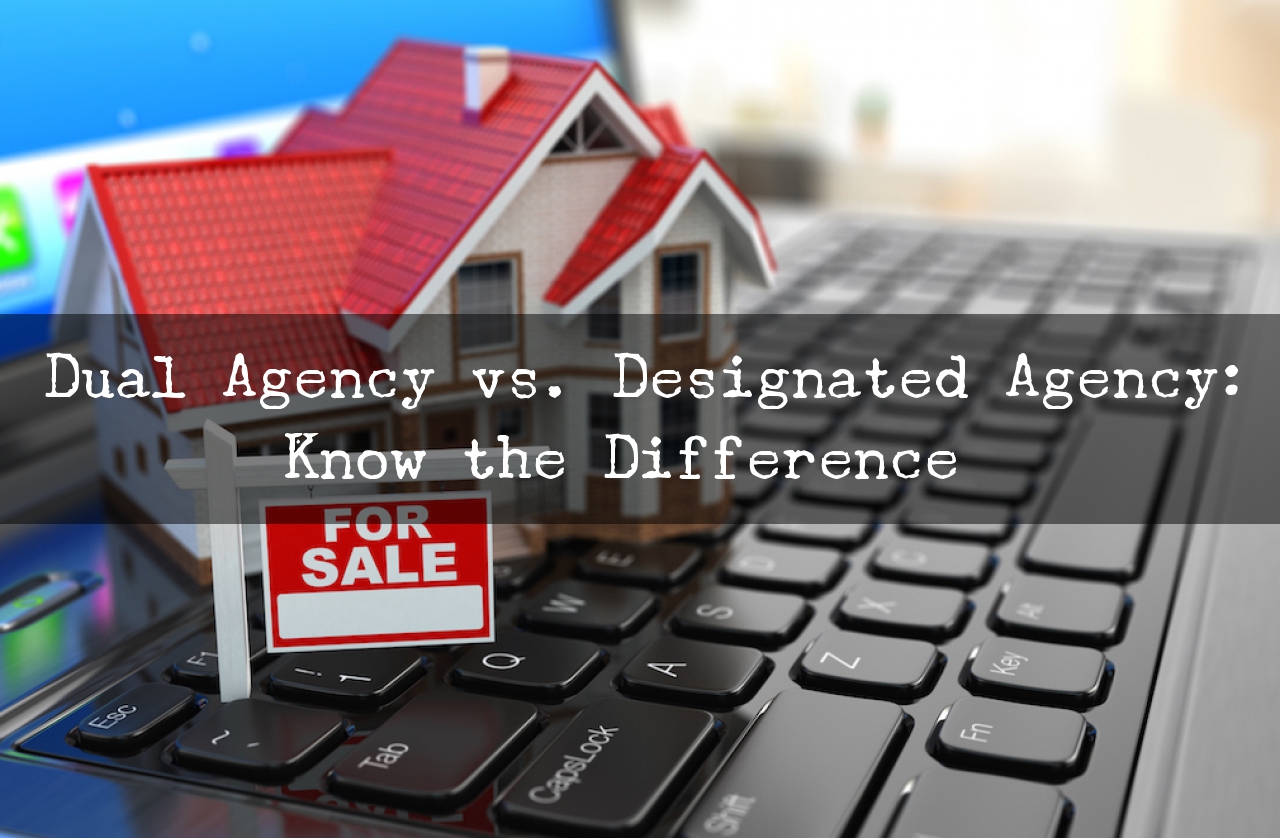Dual Agency vs. Designated Agency: Know the Difference
In an ideal world, you would be able to do a quick search for a REALTOR® and pick the first one you find to get knowledgeable, effective representation in your real estate transaction. Unfortunately, there are certain business relationships between real estate agents and clients that can present problems for the client–in many cases without the client ever being aware of it.
As a potential client, it can be helpful to understand the types of relationships REALTORS® can have with their clients, and how to tell the difference between an arrangement that serves your interests and one that doesn’t. One such arrangement that does not benefit the general public is referred to as dual agency.
Dual Agency – Not in Your Best Interest
So what is dual agency? In most states, dual agency refers to a situation where the same REALTOR® represents both the buyer and the seller in a real estate transaction. The term, however, can have different meanings in different states. For example, in California what they refer to as dual agency is called designated agency in many other places. The two terms can have vastly different meanings. For our purposes we will use dual agency to describe using the same agent for both the buyer and the seller.
There are very few people knowledgeable in the real estate business that will claim dual agency is good for clients. In fact, many professionals question why dual agency is even legal in some states. The reality of dual agency is that the agent is put in an impossible situation–one where he or she cannot meet the requirements of a REALTOR® serving a client.
One of the fundamentals of acting as an agent for a buyer or seller is that you seek the best interests of your client. A single agent cannot seek the best interests of both a buyer and seller negotiating over the same property.
A Conflict of Interest
As a buyer’s agent, the REALTOR® is attempting to purchase the home for the lowest price possible for their client. As a seller’s agent, the REALTOR® is attempting to sell the home for the highest price possible. It is easy to see how dual agency could create conflicts. Does the agent focus on buying for the lowest price or selling for the highest. You can’t do both.
To further complicate matters, in many states REALTORS® working as dual agents are prohibited by law from negotiating on behalf of either client. It is not clear what else the agent has left to do in such a situation. Without negotiation skills, there really is not much point to having an agent.
The dual agent cannot counsel the client on price, negotiate inspection issues or do pretty much anything else that would justify the commission the client pays. Even more outlandish, the dual agent is more than happy to collect a full commission from both buyer and seller. He or she gets paid double for doing virtually none of the things they would do if they were an exclusive buyer's or seller's agent...

